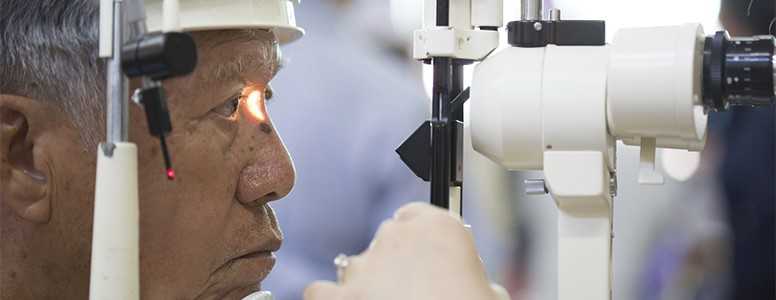A potential new treatment has been developed that can prevent and reverse some characteristics of diabetic retinopathy, research has suggested.
Scientists from the Eugene and Marilyn Glick Eye Institute of Indiana University in Indianapolis used mice in their study which focused on the therapeutic agent AAV-ACE2.
Lead author Dr Maria Grant said: “We are not aware of another study that has demonstrated a therapy capable of reversing this form of retinal pathology, particularly in the presence of persistent untreated hyperglycemia.”
Diabetic retinopathy is a complication of diabetes and is caused by high blood sugar levels which can damage the back of the eye. If left undiagnosed it can cause blindness.
There is currently no cure for the condition and treatment is limited.
The research involved injecting mice with streptozotocin (STZ) to induce diabetes and the protective effects of AAV-ACE2 were examined by performing two sets of experiments.
Half of the animals were given AAV-ACE directly into the cavity of the eye before the STZ administration.
In the other group the mice were given AAV-ACE six months after STZ when diabetes and retinopathy were already established to see if the effects could be reversed.
Researchers found that both strategies had positive results and that the AAV-ACE2 injection could reverse the diabetes-induced pathology.
Dr Grant said: “These findings are very exciting because it is traditionally believed that this endpoint of vascular degeneratio, acellular capillaries, represents an irreversible lesion.”
The findings were published in the American Journal of Pathology.
What's new on the forum? ⭐️
Get our free newsletters
Stay up to date with the latest news, research and breakthroughs.





